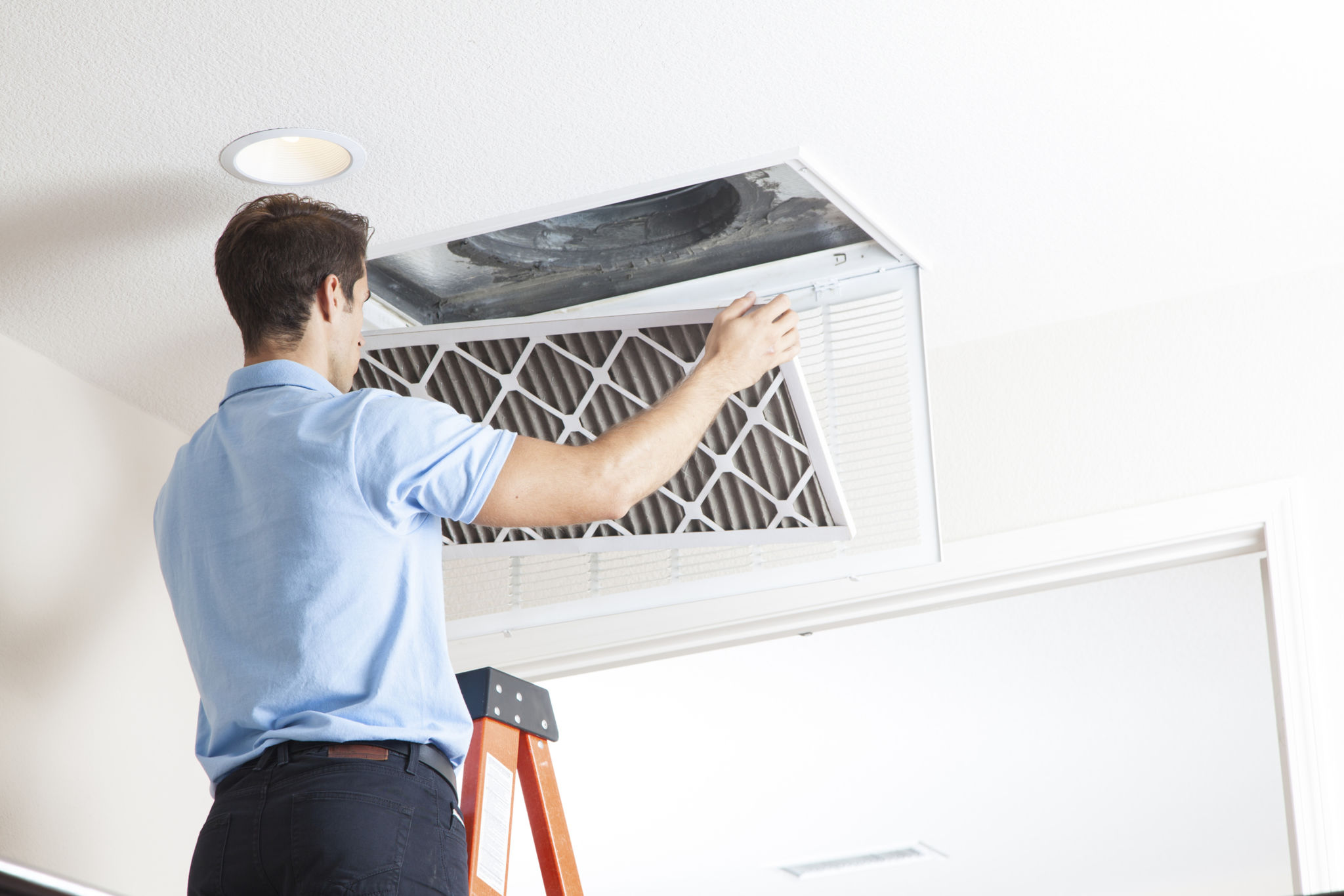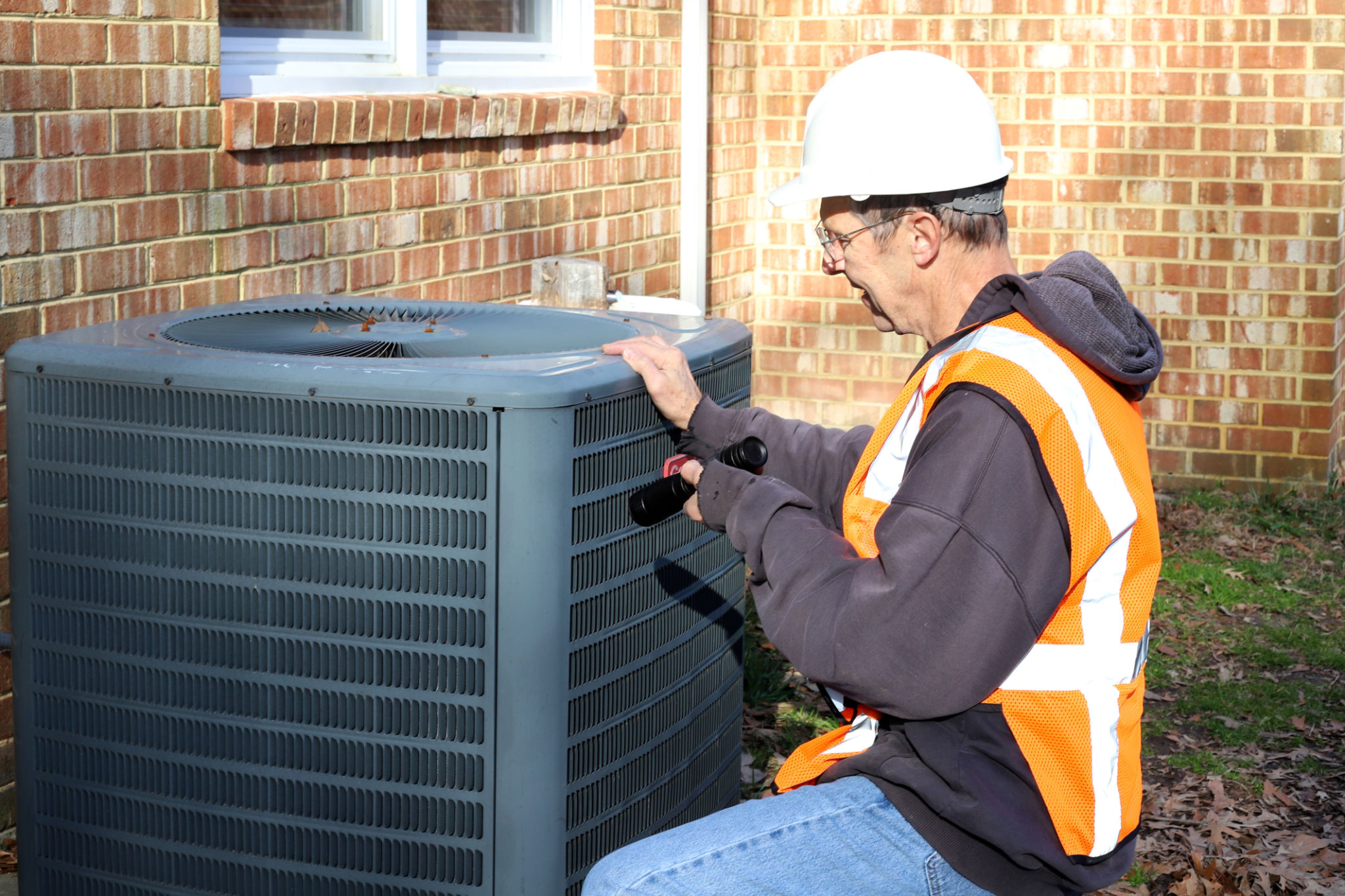Expert Tips for Choosing the Right HVAC System for Your Home
Understanding Your HVAC Needs
When it comes to selecting the perfect HVAC system for your home, understanding your specific needs is crucial. Consider the size of your home, the number of rooms, and your climate zone. Each of these factors will influence the type and size of the system you need for optimal comfort and efficiency.

Additionally, think about any specific requirements you might have, such as energy efficiency or advanced air filtration. A thorough assessment of your needs ensures you invest in a system that not only provides comfort but also aligns with your lifestyle and environmental preferences.
Types of HVAC Systems
There are several types of HVAC systems available, each with its own advantages and disadvantages. The most common systems include:
- Split Systems: These systems have both indoor and outdoor components and are ideal for homes with existing ductwork.
- Ductless Mini-Split Systems: Perfect for homes without ductwork, these systems offer flexibility and energy efficiency.
- Packaged Systems: All components are housed in a single unit, making them suitable for homes with limited indoor space.
Your choice will depend on your home’s structure and your personal preferences. Consulting with an HVAC professional can provide valuable insights into which system might be best for your situation.
Energy Efficiency Considerations
Energy efficiency is a key factor when choosing an HVAC system. Look for systems with high SEER (Seasonal Energy Efficiency Ratio) ratings. The higher the SEER rating, the more efficient the unit, which can lead to significant savings on your energy bills.

Moreover, consider systems that are ENERGY STAR® certified. These systems are designed to be environmentally friendly and cost-effective, helping reduce your carbon footprint while keeping your home comfortable year-round.
Importance of Proper Sizing
Proper sizing of your HVAC system is critical to its performance and efficiency. A system that is too small will struggle to maintain the desired temperature, while an oversized system can lead to short cycling, increased wear and tear, and higher energy costs.
Have a qualified technician perform a load calculation to determine the right size for your system. This calculation considers various factors such as square footage, insulation levels, and window placement to ensure optimal performance.

Maintenance and Longevity
An often-overlooked aspect of selecting an HVAC system is maintenance. Regular maintenance can extend the lifespan of your system and keep it running efficiently. Choose a system with components that are easy to access and service.
Consider systems that offer smart technology features, like programmable thermostats or remote monitoring, which can help manage maintenance schedules and alert you to potential issues before they become major problems.
Budgeting for Your HVAC System
Your budget is an essential consideration in choosing an HVAC system. While it's tempting to opt for the cheapest option available, investing in a high-quality system often results in lower operating costs and fewer repairs over time.
Additionally, explore financing options or rebates that may be available for energy-efficient models. These incentives can make higher-end systems more affordable and improve your return on investment.

Seeking Professional Guidance
Finally, don't underestimate the value of professional guidance. An experienced HVAC contractor can provide expert recommendations based on your home's unique characteristics and your personal preferences.
Professionals can also ensure proper installation, which is critical for maximizing efficiency and performance. Always seek out licensed and reputable contractors with positive reviews and references.
Conclusion
Choosing the right HVAC system for your home involves careful consideration of various factors including type, size, energy efficiency, budget, and maintenance requirements. By understanding these elements and seeking professional advice, you can select a system that provides optimal comfort while maintaining energy efficiency and cost-effectiveness.